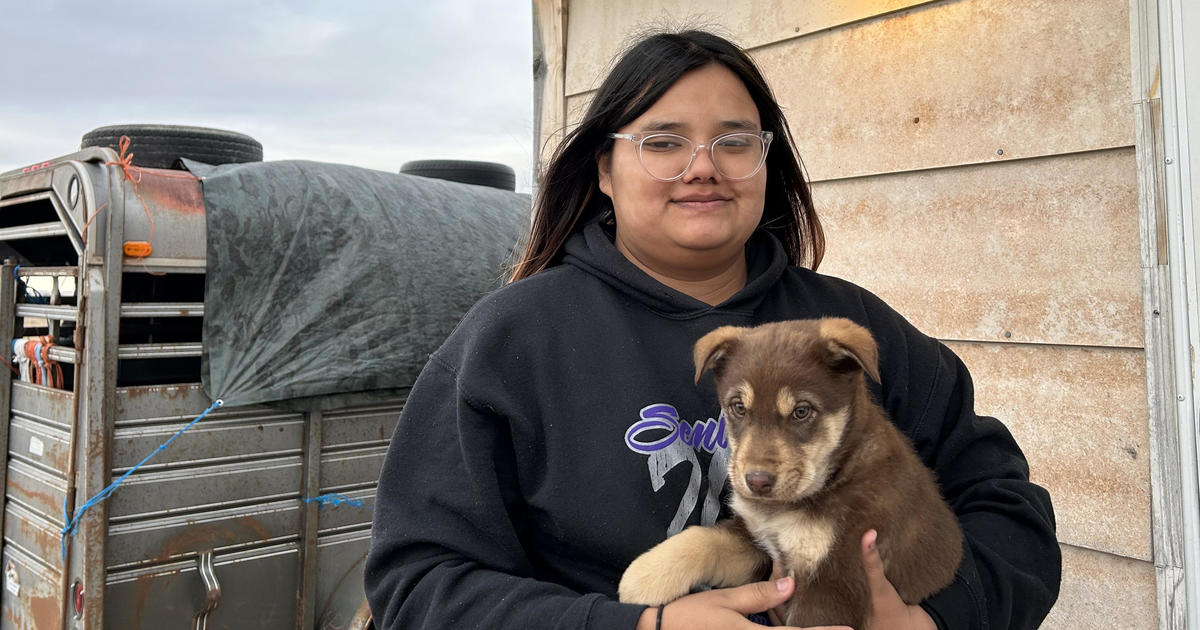New method revolutionizes heart transplants
It was moments with his kids that made Jason Banner decide to take a chance on a new method of heart transplantation.
The single father of two discovered in 2005 he had a genetic heart condition. Last year, he was hospitalized with an irregular heartbeat that causes poor blood flow.
"They were basically telling me my heart was ready to give out at any moment," Banner said.
He was transferred to Duke University Hospital for treatment while he awaited a heart transplant.
In 2022, almost 8,500 people were on the waitlist for heart transplants, but fewer than half received hearts because there weren't enough donors, according to the United Network for Organ Sharing.
To increase his odds, Banner agreed to participate in a procedure called "donation after circulatory death."
Traditionally, a heart is removed from a body and then placed on ice. The new method connects the heart to a machine that pumps blood through the organ.
"It allows it to recover and we can transport as far as we need to," said Dr. Jacob Schroder, the surgical director of the heart transplant program at Duke University. "The use of this technology is the biggest thing to happen in heart transplant since heart transplant started."
The new device expands the number of hearts available for transplant by increasing the distance the donor hearts can travel. Previously, hearts needed to be transplanted within approximately four hours. Doctors have successfully transplanted a heart that's been in the machine for more than nine hours.
"We can go further and think about using hearts that are not going to be used just because of distance alone," Schroder said.
Last June, Banner received a heart that was flown in from out-of-state that he would not have been able to get before.
"It has given me the opportunity to be here for my family," he said.
All because an organ donor gave him another chance at life.




